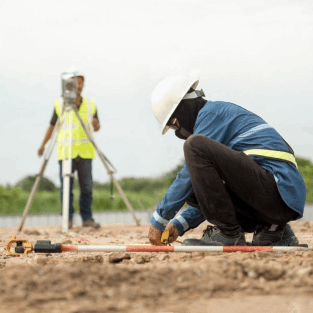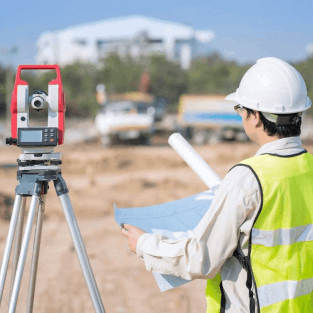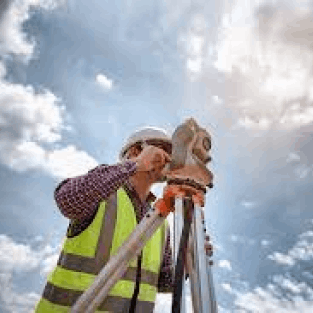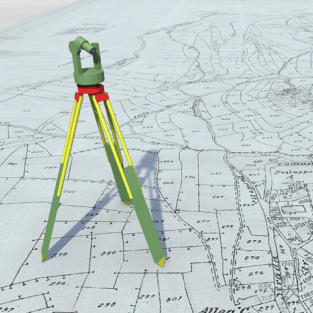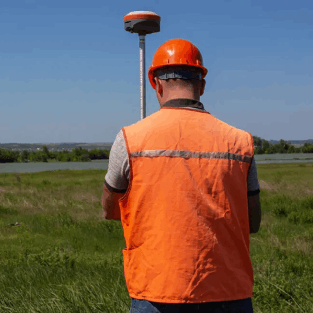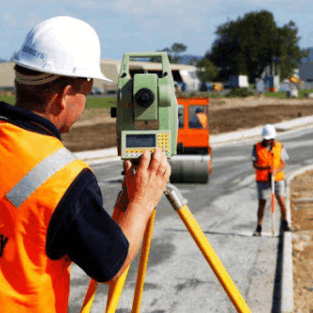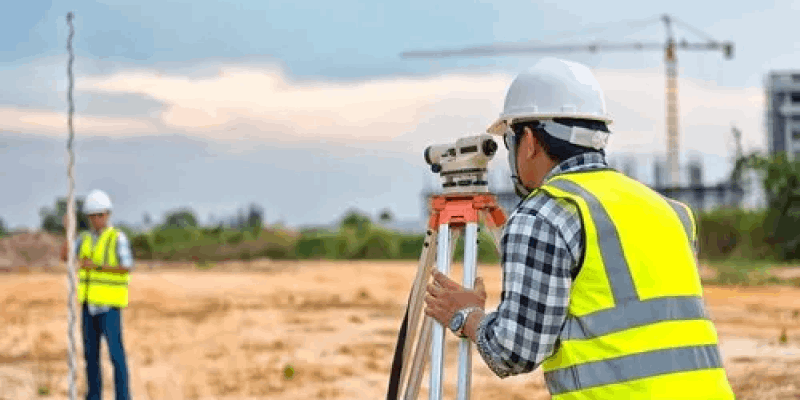Overview
The role of a surveyor encompasses a diverse array of tasks crucial to various industries including construction, engineering, real estate, and land development. Surveyors are responsible for measuring, mapping, and analysing land features to provide accurate data for planning, designing, and implementing projects. Their work involves using advanced technologies such as GPS, laser scanning, and GIS to collect precise measurements and create detailed maps and models of terrain, boundaries, and structures.
In construction projects, surveyors play a pivotal role in site preparation, ensuring that buildings and infrastructure are erected on the correct plot and adhere to legal regulations and safety standards. They also conduct topographic surveys to identify natural features like hills, valleys, and water bodies, guiding the design and layout of developments. In real estate, surveyors determine property boundaries and assess land value, facilitating transactions and resolving disputes.
Surveyors also contribute to environmental conservation efforts by assessing the impact of development projects on ecosystems and identifying suitable locations for renewable energy installations. Additionally, they assist in disaster management by conducting damage assessments and providing data for emergency response planning.
Overall, the work of surveyors is indispensable in shaping our built environment, fostering sustainable development, and ensuring the efficient utilization of land resources.
- Measure Land
- Create Maps
- Check Elevations
- Set Boundaries
- Verify Property Lines
- Construction Support
- Flood Risk Assessment
- Legal Documentation
- GPS Technology
- Land Development Planning
